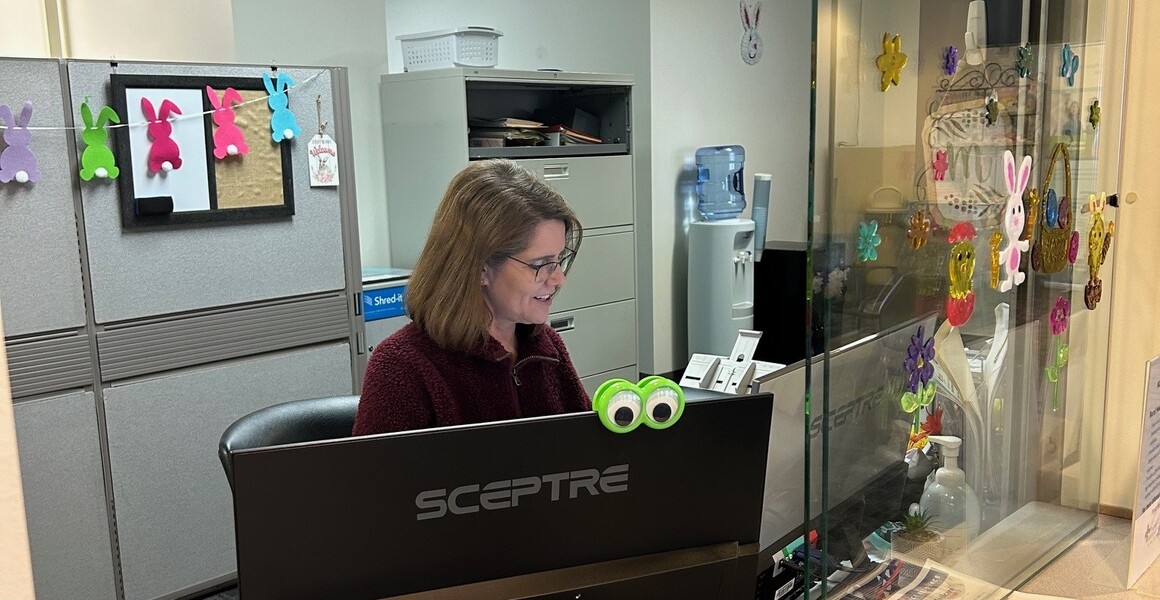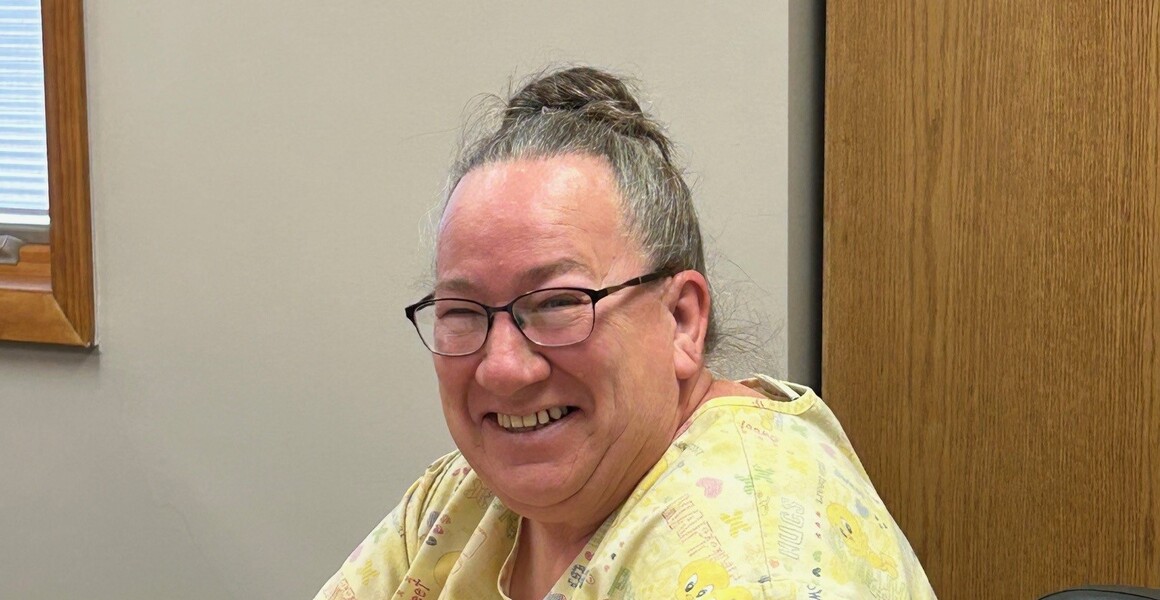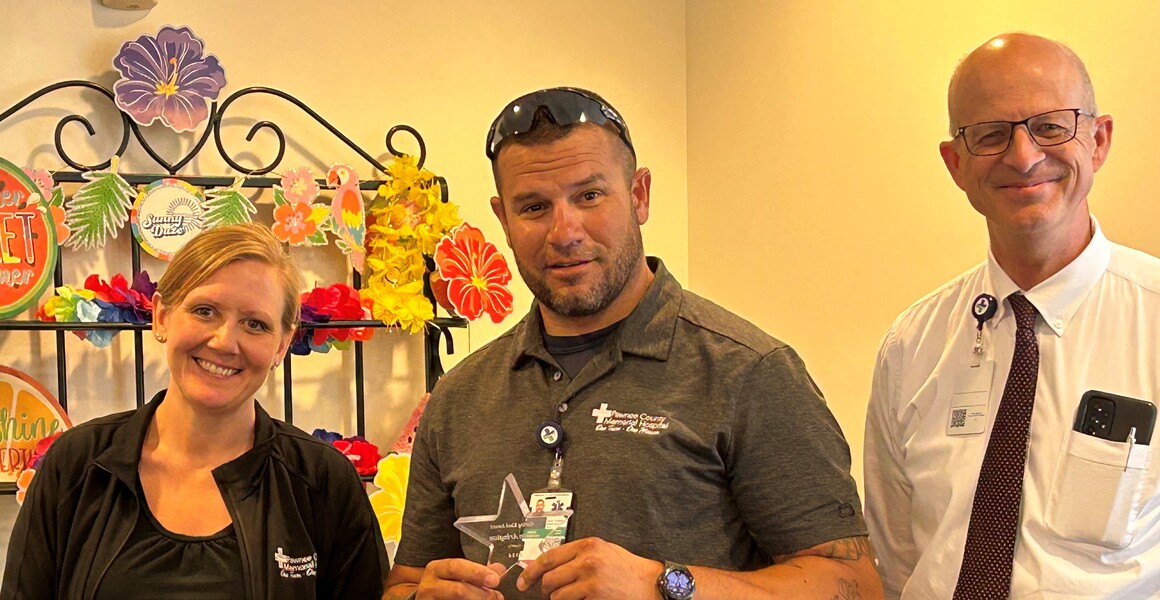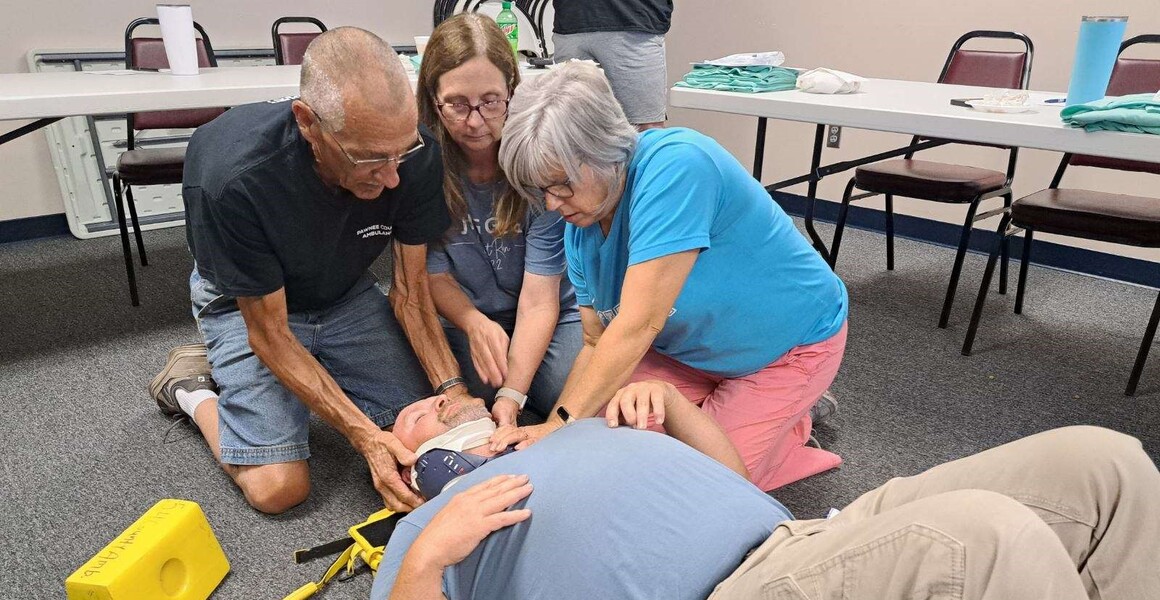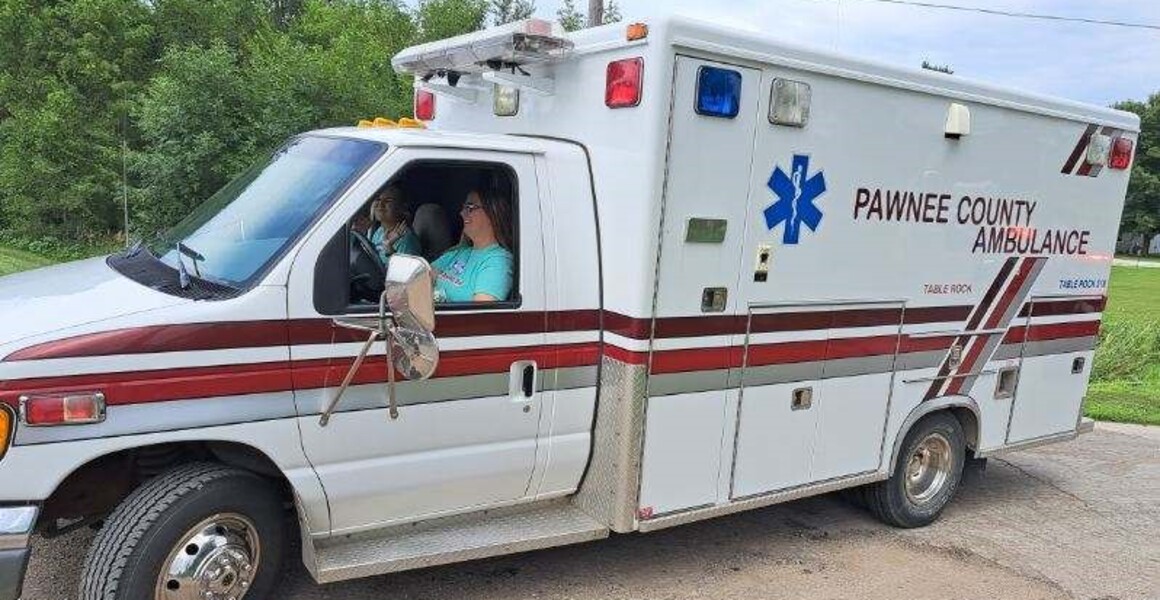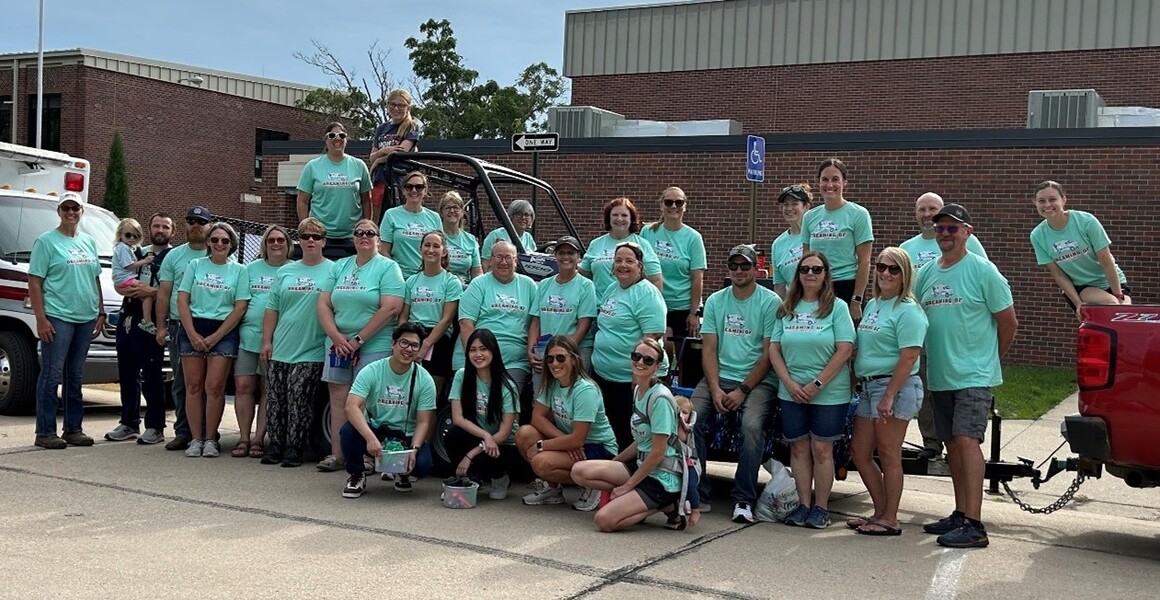Chickenpox
By Dr. Kent Niss
Chickenpox is a topic that is rarely discussed these days, and that's actually a positive development! Chickenpox is a highly contagious infection that primarily affects children, though it can occur at any age. This week, I’d like to focus on what chickenpox is, what causes it, why it’s not commonly talked about, and why that’s important.
Chickenpox is a viral infection known for its distinctive rash. I refer to it as the “classic rash” because it’s often discussed in educational settings, but not everyone may have encountered it. The rash features lesions in three stages: vesicles (small blisters), erupted vesicles, and dry scabs. It typically starts on the face, chest, or back and then spreads to other parts of the body. The rash is usually preceded by fever, headache, fatigue, and loss of appetite. Most children begin to feel better a few days after the rash appears, although it may take several days to a couple of weeks for the rash to completely resolve. For those with a healthy immune system, the body can combat the virus with few complications. However, individuals with weakened immune systems may experience more severe illness.
Chickenpox is caused by the varicella-zoster virus, which belongs to the herpesvirus family. When discussing chickenpox, we usually refer to it as varicella. It’s important to note that varicella-zoster is also linked to shingles, which we’ll address later. As with many viruses, there are no perfect treatments, so prevention is our best defense. Although avoiding contact with people who have chickenpox is beneficial, the virus is so widespread that exposure is almost inevitable. Fortunately, we can enhance our body’s defenses through vaccination. The varicella vaccine is now routinely recommended for children. This vaccine helps the immune system develop a memory of the varicella virus, enabling it to respond more effectively if exposed in the future. Think of it like having a recipe readily available: even if you don’t use it often, it’s easy to make the dish when needed. Without the vaccine, it’s like having to start from scratch every time you need the recipe. While there are antiviral medications available for severe cases or those with compromised immune systems, the risk of developing symptoms is extremely low for vaccinated individuals. Vaccinating not only protects you but also safeguards those around you, particularly those who cannot be vaccinated, such as unborn babies, severely immunocompromised individuals, and those with allergies to the vaccine. Widespread vaccination helps protect these vulnerable groups, a fact well-documented in medical literature.
You might wonder, “Why worry about chickenpox if it’s generally mild and resolves in a week or two?” That’s a great question! The varicella-zoster virus has a tricky and persistent nature. The second part of its name, Zoster, refers to shingles, a condition many people have heard of. Shingles can range from mild rashes with minimal pain to severe cases leading to blindness, debilitating pain, and chronic discomfort. These severe outcomes can be prevented with childhood vaccination and, for those not vaccinated as children (typically those born before 1995), with a zoster vaccine later in life. Although it’s challenging to think about long-term consequences, shingles can cause significant debilitation. Vaccination can prevent this and help ensure that people continue to say, “Nobody gets chickenpox anymore.”
If you’d like to discuss this topic or any other vaccinations, please stop by and speak with one of our providers. Knowledge is power, and one of our roles as primary care providers is to equip you with the information you need to make the best decisions for your health.


